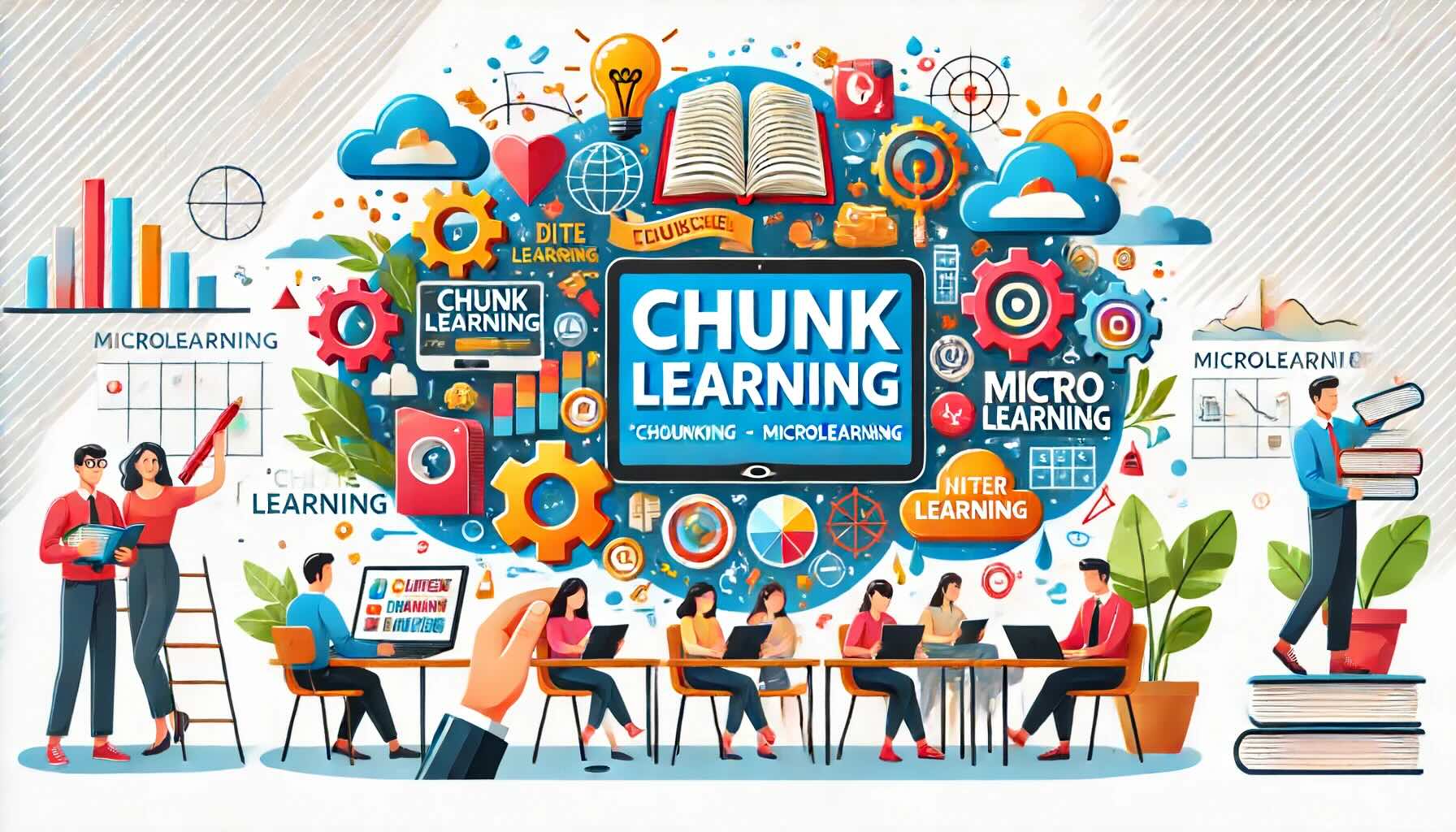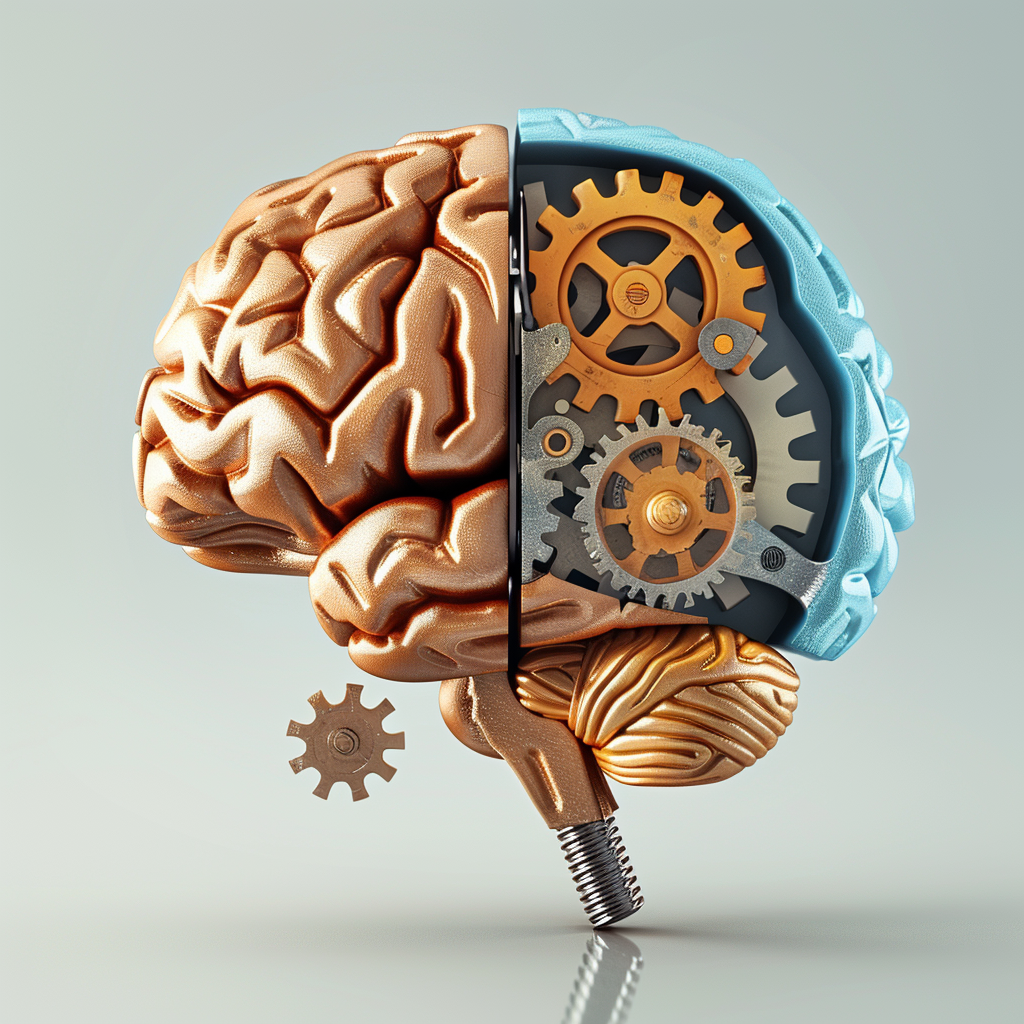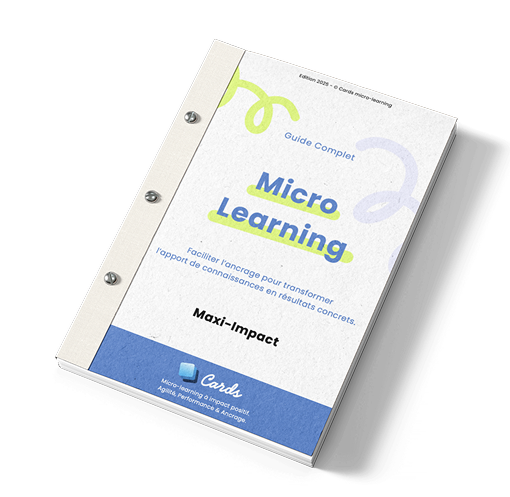Importance of Assessment and Feedback
The evaluation of training makes it possible to determine whether the educational objectives are being achieved and to identify the areas in need of improvement. A well-structured assessment can reveal valuable insights into learner engagement, subject comprehension, and acquired skills. By providing regular feedback, trainers can adjust teaching methods and content to better meet learners' needs.
Benefits of Assessment and Feedback
Evaluation and feedback provide several significant benefits for organizations and learners:
- Continuous improvement: By identifying the strengths and weaknesses of training courses, organizations can adjust content to maximize effectiveness. This allows for continuous improvement of training programs, ensuring that they remain relevant and up to date with the latest practices and knowledge.
- Learner engagement: Learners feel valued and listened to when they are able to provide feedback. Receiving constructive feedback helps them to understand their mistakes and to make progress. This reinforces their motivation and commitment to the learning process.
- Personalized adaptation: Assessment makes it possible to adjust learning paths according to the specific needs of learners. This ensures a more personalized learning experience, where each learner receives the support they need to overcome their challenges and develop their skills.
Best Practices for Assessment and Feedback
To maximize the effectiveness of evaluation and feedback, several strategies can be put in place:
- Use Varied Tools: Using quizzes, quizzes, practical assessments, and self-assessments allows comprehensive data on learner performance to be collected. These varied tools provide an overview of learners' progress and shortcomings, allowing for a more holistic assessment.
- Offer Constructive Feedback: Feedback should be accurate, useful, and improvement-oriented. Providing constructive feedback allows learners to understand their mistakes and to know how to correct them. This encourages active learning and continuous progression.
- Evaluate at different times: Assessing learners before, during, and after training is essential for a comprehensive view of the impact of the training. Initial assessments help identify initial levels of proficiency, intermediate assessments measure progress, and final assessments verify the achievement of learning goals.
Impact of Cards Micro-learning
The integration of Cards micro-learning is transforming the approach to assessment and feedback. Thanks to interactive modules and integrated quizzes, learners' progress is continuously evaluated. Personalized learning routines provide regular and tailored follow-up, while instant feedback motivates learners to constantly improve.
For publishers, Cards makes it easy to create interactive and adapted content. Modules can be quickly adjusted based on assessment results, ensuring that content remains relevant and effective. For learners, the flexibility and accessibility of the platform reinforce knowledge engagement and retention. By using Cards micro-learning, businesses can optimize their training courses, thus demonstrating the effectiveness of this innovative approach.
Conclusion
Evaluation and feedback are essential to measure the effectiveness of training courses and to promote continuous improvement. By using Cards micro-learning, companies benefit from robust assessment tools and constructive feedback, thus ensuring ever more efficient training courses adapted to the needs of learners. To learn more about the impact of microlearning solutions, read our article on optimizing knowledge retention.







